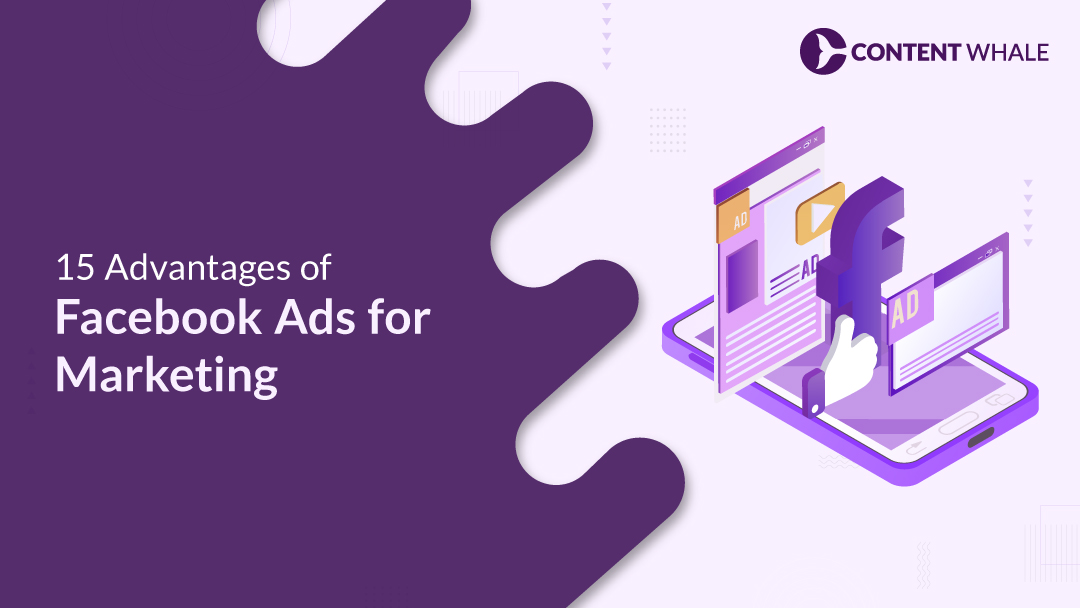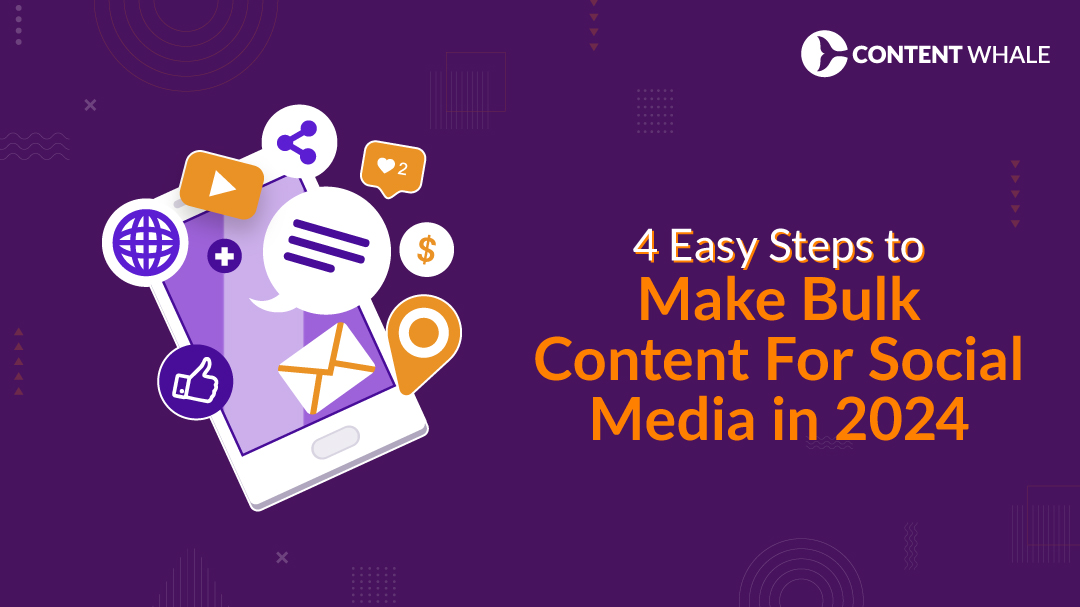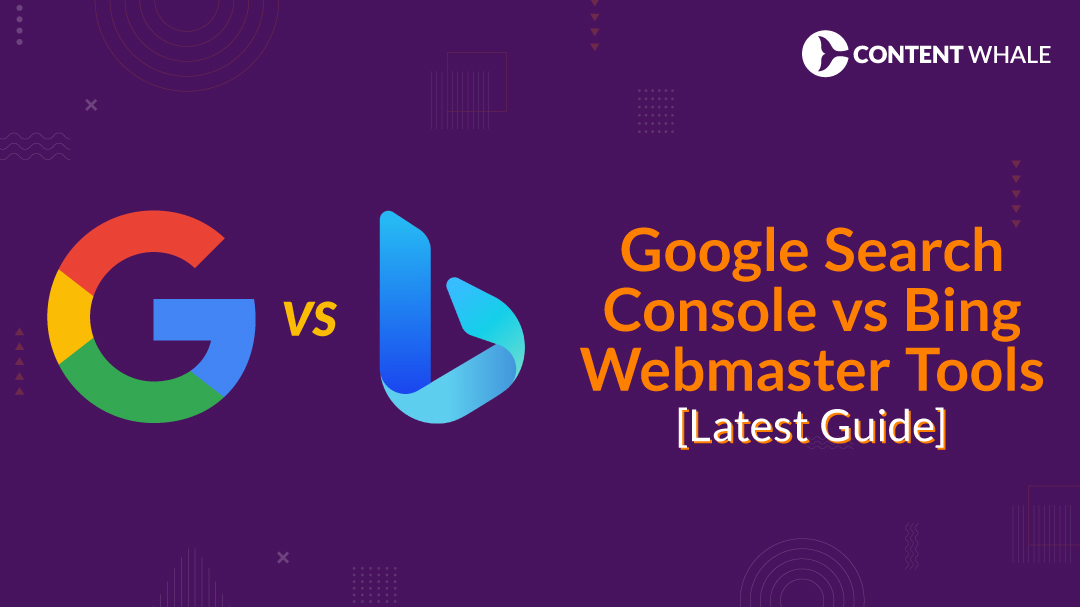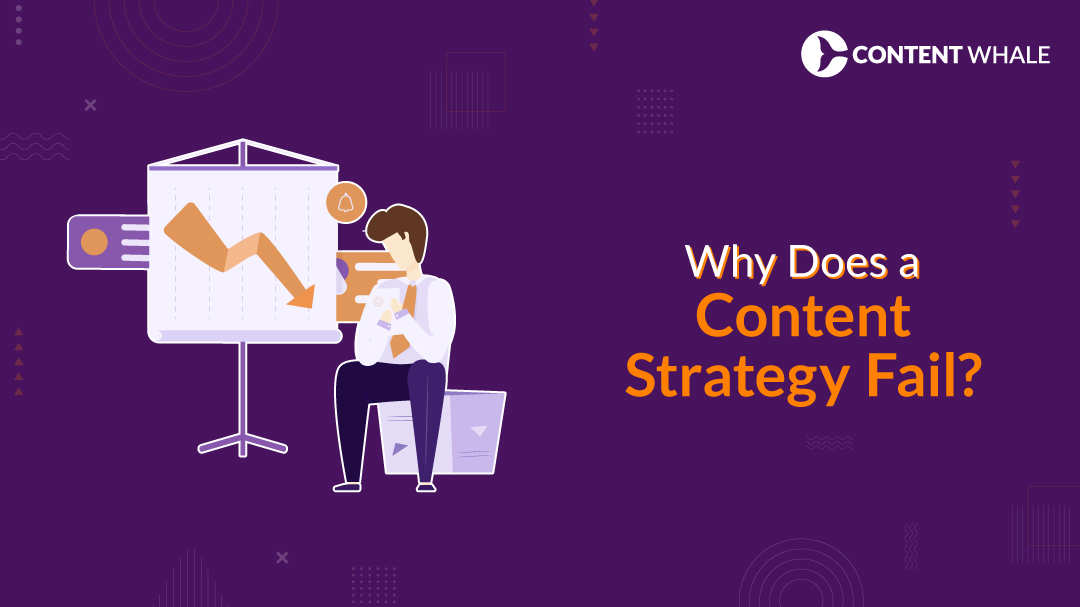Facebook Ads have revolutionized the way businesses approach online marketing. With the vast reach of social media platforms, advertising on Facebook has become an essential tool for companies looking to connect with their target audience.
This form of social media advertising not only helps in reaching millions of potential customers but also offers a variety of benefits that can significantly enhance a brand’s digital strategy.
In this blog, we’ll explore 15 key benefits of using Facebook Ads, shedding light on how they can improve your marketing efforts and drive better results. Here’re all 15 key benefits, we will be talking about:
- Targeted Advertising
- Cost-Effectiveness
- Increased Brand Awareness
- Measurable Results
- Versatility of Ad Formats
- Enhanced Engagement
- Quick and Easy Setup
- Retargeting Opportunities
- Mobile Reach
- High Conversion Rates
- Integration with Other Marketing Strategies
- Local Advertising Benefits
- Building Customer Loyalty
- Competitive Advantage
- Continuous Improvement and Optimization
Let’s understand each benefit in detail.
1. Targeted Advertising
Facebook Ads excel in targeted advertising, allowing businesses to reach specific audiences with precision. Here’s how:
- Demographics and Interests: Target users based on age, location, gender, interests, and even online behaviors.
- Custom Audiences: Create audiences from existing customer lists or website visitors, ensuring you’re reaching people already familiar with your brand.
- Lookalike Audiences: Expand your reach by targeting people similar to your current customers, increasing the chances of engagement.
Example: A local bakery can target ads to people within a 5-mile radius who have shown interest in “baking” and “desserts” on Facebook.
2. Cost-Effectiveness

Facebook Ads offer a budget-friendly option for social media advertising:
- Flexible Budgeting: Set daily or lifetime budgets to control your spending.
- Pay-Per-Click (PPC): Only pay when someone clicks on your ad, ensuring your budget is used efficiently.
- Optimized Spend: Use Facebook’s AI to optimize your ad spend, ensuring your budget is directed towards the best-performing ads.
Example: A small online boutique can run ads with a budget of just $5 per day, testing different ad creatives and audiences to see what works best before scaling up.
3. Increased Brand Awareness
Facebook Ads are an excellent tool for boosting brand awareness:
- Massive Reach: With billions of active users, your brand can be seen by a vast audience.
- Consistent Visibility: Running continuous campaigns ensures your brand stays top-of-mind with potential customers.
- Engaging Formats: Use visuals and compelling copy to create memorable ads that resonate with your audience.
Example: A new eCommerce store can run Facebook Ads to introduce their brand to a wide audience, driving traffic to their website and increasing brand recognition.
4. Measurable Results
One of the key benefits of Facebook Ads is the ability to track and measure results:
- Analytics Tools: Facebook provides detailed insights into ad performance, including impressions, clicks, and conversions.
- Data-Driven Decisions: Use this data to refine your digital strategy, ensuring your ads are continually improving.
- Custom Reports: Generate reports tailored to your business goals, making it easy to present results to stakeholders.
Example: A marketing agency can monitor the performance of multiple client campaigns, adjusting strategies based on the data to maximize ROI.
5. Versatility of Ad Formats
Facebook offers a wide range of ad formats to suit different marketing goals:
- Carousel Ads: Showcase multiple products or features in a single ad, perfect for eCommerce stores.
- Video Ads: Capture attention with engaging videos that tell your brand’s story.
- Lead Ads: Collect customer information directly through the ad, ideal for building email lists or generating leads.
Example: A travel agency can use carousel ads to display different vacation packages, allowing users to swipe through options and click to learn more.
6. Enhanced Engagement

Engagement is a critical aspect of social media marketing, and Facebook Ads are designed to encourage it:
- Interactive Elements: Ads that encourage likes, shares, and comments help build a community around your brand.
- Polls and Surveys: Use these features to get direct feedback from your audience, boosting engagement.
- User-Generated Content: Encourage customers to share their experiences with your brand, increasing authenticity and trust.
Example: A fashion brand can run a campaign asking users to vote on their favorite styles, with the most popular designs being highlighted in future collections.
7. Quick and Easy Setup
Creating and launching Facebook Ads is straightforward:
- Intuitive Interface: Facebook’s ad manager guides you through the process step by step.
- Predefined Templates: Use templates to create professional-looking ads without needing a design background.
- Real-Time Preview: See how your ads will look on different devices before they go live.
Example: A small business owner with no marketing experience can quickly set up an ad campaign using Facebook’s templates and start seeing results within hours.
8. Retargeting Opportunities
Retargeting is one of the most effective strategies available through Facebook Ads:
- Website Visitors: Target people who have visited your website but haven’t completed a purchase.
- Abandoned Carts: Remind users of items left in their shopping cart, encouraging them to complete the transaction.
- Engagement Retargeting: Reach out to users who have interacted with your ads or posts but haven’t taken further action.
Example: An online retailer can set up retargeting ads to remind shoppers of items they viewed but didn’t buy, offering a discount to entice them back.
9. Mobile Reach
Given the prevalence of mobile usage, Facebook Ads are optimized for mobile reach:
- Mobile-First Design: Ads are designed to look great on smartphones and tablets, ensuring they grab attention on smaller screens.
- Instant Experience Ads: These full-screen ads load quickly and offer an immersive experience, perfect for mobile users.
- On-the-Go Targeting: Reach users during their daily commute or while they’re out and about, increasing engagement opportunities.
Example: A food delivery service can target ads to mobile users around lunchtime, increasing the likelihood of orders from hungry customers on the move.
10. High Conversion Rates
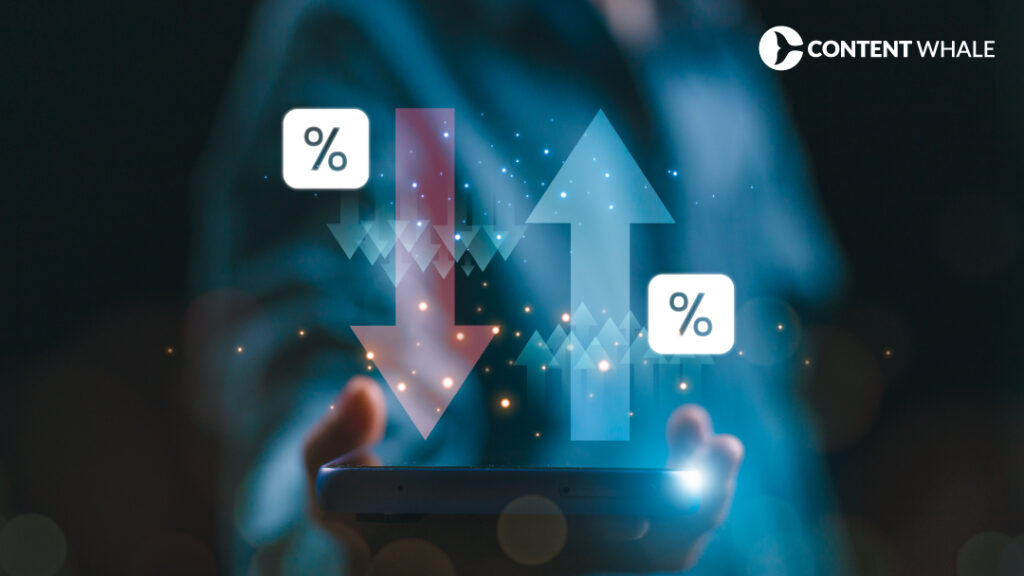
Facebook Ads are designed to drive high conversion rates:
- Precise Targeting: Ads are shown to users who are most likely to convert, whether it’s making a purchase, signing up for a newsletter, or downloading an app.
- Engaging Content: The use of compelling visuals and copy helps capture attention and encourage action.
- Conversion Optimization: Facebook’s tools allow you to optimize for specific actions, such as purchases or sign-ups, ensuring your ads are focused on driving results.
Example: A software company can use Facebook Ads to promote a free trial, targeting users who have shown interest in similar products, leading to higher sign-up rates.
11. Integration with Other Marketing Strategies
Facebook Ads integrate seamlessly with other online marketing strategies:
- Email Marketing: Use ads to grow your email list and follow up with targeted email campaigns.
- SEO: Boost your search engine visibility by driving traffic to specific landing pages.
- Content Marketing: Promote blog posts, videos, or other content pieces to drive engagement and traffic to your site.
Example: A digital agency can run Facebook Ads to promote a client’s blog post, driving traffic to their site and improving their search engine rankings.
12. Local Advertising Benefits
Facebook Ads offer unique benefits for local advertising:
- Geographic Targeting: Target ads to users in specific locations, such as cities or neighborhoods.
- Local Awareness: Promote local events, sales, or store openings to nearby customers.
- Call-to-Action: Use location-based CTAs like “Call Now” or “Get Directions” to drive foot traffic to your physical location.
Example: A local restaurant can run ads promoting a new menu item to users within a 10-mile radius, encouraging them to visit and try it out.
13. Building Customer Loyalty

Facebook Ads can help in building customer loyalty:
- Personalized Ads: Create ads tailored to your existing customers, offering special deals or rewards.
- Loyalty Programs: Promote your loyalty program through ads, encouraging repeat purchases.
- Customer Feedback: Use ads to gather feedback from your customers, showing that you value their input.
Example: A beauty brand can run ads offering exclusive discounts to loyal customers, encouraging them to continue shopping with them.
14. Competitive Advantage
Stay ahead of the competition with Facebook Ads:
- Advanced Targeting: Outperform competitors by reaching a more precise audience.
- Creative Testing: Use A/B testing to determine the most effective ad creatives, giving you an edge.
- Market Insights: Leverage Facebook’s analytics to gain insights into your competitors’ strategies and adapt accordingly.
Example: A tech startup can use Facebook Ads to quickly gain market share by targeting ads to early adopters and tech enthusiasts.
15. Continuous Improvement and Optimization
Facebook Ads allow for continuous improvement and optimization:
- A/B Testing: Experiment with different ad variations to see what resonates best with your audience.
- Audience Insights: Use detailed insights to understand your audience better and refine your targeting.
- Ongoing Optimization: Continuously tweak your ad campaigns based on performance data to maximize results.
Example: An online course provider can regularly update and optimize their ad campaigns based on which courses are performing best, ensuring they’re always promoting the most popular options.
Conclusion

Using Facebook Ads in your digital strategy is essential for businesses aiming to improve their online marketing. The platform’s ability to offer targeted advertising, combined with its cost-effectiveness, makes it a valuable tool for reaching the right audience and maximizing your budget. By increasing brand awareness and providing measurable results, Facebook Ads help businesses make data-driven decisions that enhance their marketing efforts.
The variety of ad formats and the potential for retargeting further increase the effectiveness of your campaigns. With the ability to engage users on mobile devices and integrate with other marketing strategies, Facebook Ads offer a comprehensive solution for improving conversion rates and gaining a competitive advantage.
Partnering with Content Whale can elevate your ad campaigns with expertly crafted content that drives engagement and conversions. Contact us today to maximize the benefits of Facebook Ads for your business.
FAQs
1. What are Facebook Ads, and how do they work?
Facebook Ads are paid advertisements that appear on the Facebook platform, as well as on Instagram and the Audience Network. They allow businesses to reach specific audiences based on demographics, interests, and behaviors.
With a variety of ad formats available, such as image ads, video ads, and carousel ads, Facebook Ads offer a versatile way to promote your products or services. By leveraging targeted advertising, businesses can connect with potential customers who are most likely to engage with their brand, driving better results from their social media advertising efforts.
2. How can Facebook Ads improve my marketing strategy?
Incorporating Facebook Ads into your digital strategy can significantly boost your online marketing efforts. The ability to reach a targeted audience, combined with the platform’s analytics and reporting tools, allows you to measure your ad performance and optimize campaigns for better outcomes.
Facebook Ads also enhance brand awareness, drive high conversion rates, and offer retargeting opportunities to re-engage users who have previously interacted with your brand. By integrating Facebook Ads with other marketing strategies like email marketing or SEO, you can create a cohesive approach that amplifies your overall marketing impact.
3. What is the cost of running Facebook Ads?
The cost of running Facebook Ads varies depending on factors like your budget, bidding strategy, audience size, and the duration of your campaign. Facebook allows businesses to set daily or lifetime budgets, making it a cost-effective option for both small and large businesses.
You can start with a small budget and adjust based on the performance of your ads. The platform’s pay-per-click (PPC) model ensures that you only pay when someone interacts with your ad, helping you control costs while maximizing ROI.
4. How do I target the right audience with Facebook Ads?
Targeted advertising is a key feature of Facebook Ads. To target the right audience, you can use Facebook’s detailed targeting options, which include demographics, interests, and behaviors.
You can also create custom audiences based on your existing customer data, or use lookalike audiences to reach new people similar to your current customers. By refining your audience targeting, you can ensure that your ads are seen by the people most likely to engage with your brand, leading to more effective ad campaigns and higher conversion rates.
5. What makes Facebook Ads different from other social media advertising?
Facebook Ads stand out due to their extensive targeting options, cost-effectiveness, and the variety of ad formats available. Unlike other social media advertising platforms, Facebook offers detailed analytics and reporting tools that allow businesses to measure their ad performance and make data-driven decisions.
